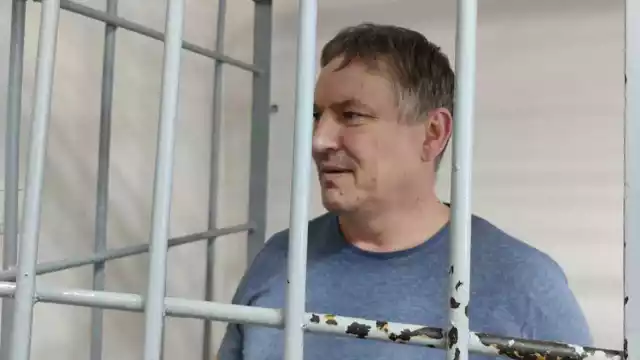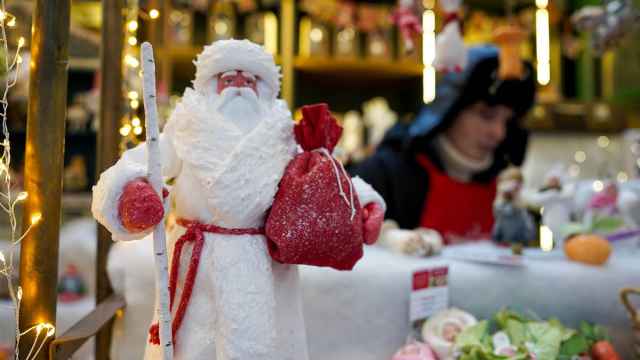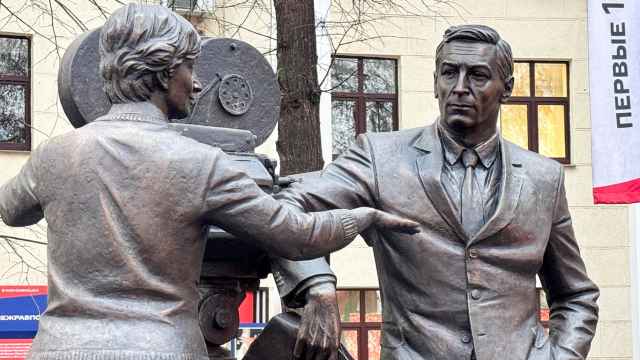The government is set to approve plans for a "soft power" campaign ordered by President Vladimir Putin last July to improve Russia's image abroad, a news report said Wednesday.
The official plan for the project covers 2013-2015 and involves a range of cultural initiatives and events for humanitarian cooperation, Kommersant reported, citing a copy of the plan. Rossotrudnichestvo, the federal agency that oversees relations with former Soviet states, was responsible for developing the plans and will be in charge of implementing the project.
The main task will be to substantially increase Russia's number of science and cultural centers abroad, as well as to modernize existing ones. Russia currently has 59 such centers overseas.
Another initiative involves promoting the Russian language, with a fund to be set up in support of Russian-language media abroad and language centers to be opened in former Soviet republics to prepare migrants planning to relocate to Russia.
Last summer, Putin made comments in which he stressed the importance of soft power tactics, lamenting the fact that the country's image was "lopsided" abroad and ordered government officials to take steps to improve it. The Kremlin has already taken certain measures to do that, with a significant expansion of the state media overseas, especially of RT, the English-language news channel formerly known as Russia Today.
Experts have warned that the results of such "soft power" initiatives can take years to manifest, however.
Another focus of the plan will be events for both Russian and foreign youth, with an international festival for youth and students slated for 2017 modeled after festivals held in 1957 and 1985 in the Soviet Union. The quota for foreign students in Russian universities will be increased as well.
The plan also envisages the creation of Soviet-style "friendship societies," or organizations promoting cultural exchanges, with a presidential decree for the creation of a Russian friendship society to be created by the end of 2013.
A Message from The Moscow Times:
Dear readers,
We are facing unprecedented challenges. Russia's Prosecutor General's Office has designated The Moscow Times as an "undesirable" organization, criminalizing our work and putting our staff at risk of prosecution. This follows our earlier unjust labeling as a "foreign agent."
These actions are direct attempts to silence independent journalism in Russia. The authorities claim our work "discredits the decisions of the Russian leadership." We see things differently: we strive to provide accurate, unbiased reporting on Russia.
We, the journalists of The Moscow Times, refuse to be silenced. But to continue our work, we need your help.
Your support, no matter how small, makes a world of difference. If you can, please support us monthly starting from just $2. It's quick to set up, and every contribution makes a significant impact.
By supporting The Moscow Times, you're defending open, independent journalism in the face of repression. Thank you for standing with us.
Remind me later.





